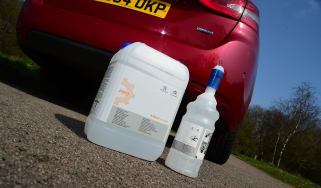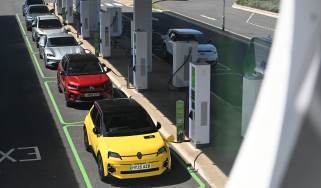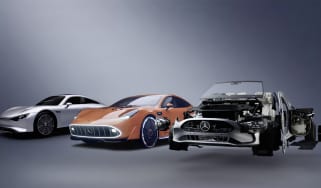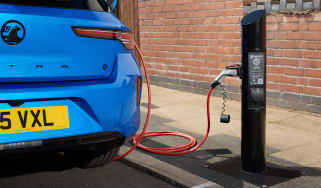Stellantis says no to hydrogen hype: stops Hydrogen Pro One fuel cell van project in its tracks
Clean, but complicated, hydrogen technology is just too hard to justify right now, according to Stellantis
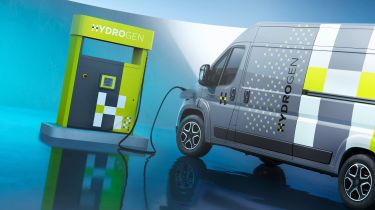
Stellantis has announced that it’s cancelling its hydrogen fuel cell commercial vehicle project only months before an intended roll-out in Europe. Citing limitations of current hydrogen infrastructure and the need for stronger purchase incentives, the group apparently sees the venture as a step too far under current financial pressures.
In a statement made by Jean-Philippe Imparato, Stellantis Chief Operating Officer for Enlarged Europe, he said “the hydrogen market remains a niche segment, with no prospects of mid-term economic sustainability. We must make clear and responsible choices to ensure our competitiveness and meet the expectations of our customers with our electric and hybrid passenger and light commercial vehicles offensive.”
The Hydrogen Pro One series of commercial vehicles was destined to go into production later this year in both France and Poland, but the decision to cancel the project has not affected staffing at either of the plants involved, nor R&D staff and facilities associated with the program. These resources will instead be re-routed to other projects.
While this might sound like a backwards step, the fact is that liquid hydrogen infrastructure just isn’t quite ready for the cars and vans that companies like Stellantis are developing. Challenges still remain in terms of producing enough liquid hydrogen of the right type to effectively reduce C02, not to mention investment in the means to deliver it.
Instead, Stellantis will intensify its focus on the development of its already widespread electric van ranges. The group has EV vans on offer across all major van classes and all its brands, including Peugeot, Citroen and Fiat.
However, hydrogen fuel cell technology isn’t quite a lost cause, with Stellantis keeping the door open by suggesting that while no fuel-cell van will be available before the end of this decade, there’s nothing to suggest one won’t be available beyond that point.
This ties in with other manufacturers that have continued development of hydrogen technology in anticipation of a breakthrough which could see it more easily integrated into the current infrastructure. BMW and Toyota have committed to a technical partnership that will see the first mass-produced hydrogen fuel-cell BMW arrive in the next 24 months, while Hyundai has just revealed its latest third-generation hydrogen system in the new Nexo SUV.
Want the latest car news in your inbox? Sign up to the free Auto Express email newsletter...



